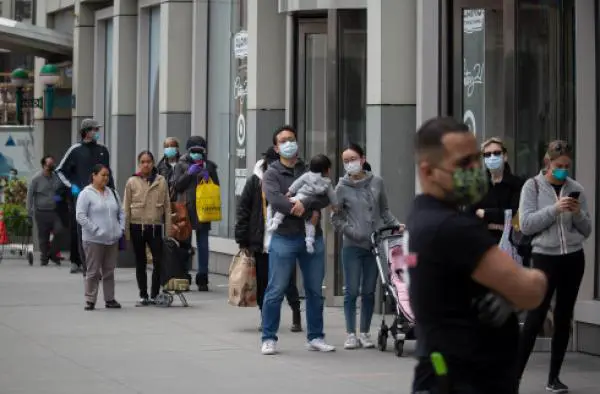Another "honeymoon" between China and Europe seems to be just around the corner with high-level diplomatic exchanges becoming more frequent and bilateral cooperation gaining fresh momentum.
Last week, Britain rolled out the red carpet for Chinese President Xi Jinping, the first Chinese head of state to visit the country in a decade.
During what was dubbed as a "super state visit," Xi witnessed the signing of deals worth about 40 billion pounds (61.5 billion U.S. dollars).
Only days after Xi concluded his tour in Britain, Dutch King Willem-Alexander paid a state visit to China, followed closely by German Chancellor Angela Merkel, who on Thursday embarked on her eighth trip to China since she first took office in 2005. French President Francois Hollande is also expected to pay a state visit to China in early November.
China has become a keyword in recent European diplomacy, as a consensus on expanding pragmatic cooperation with China has been reached among many practical politicians there, rekindling hope of another "honeymoon" between the two sides.
China and Europe enjoyed years of cozy relations at the beginning of the millennium. But relations cooled slightly in the mid-2000s.
In recent years, Germany has been leading the way in the European Union in strengthening cooperation with China, while Britain has also decided to adjust its strategy toward the country in a bid to usher in a "golden time" for the China-Britain partnership.
Earlier this year, Britain led the way for other Western countries to join the Asian Infrastructure Investment Bank (AIIB), a move indicating that London has already made China one of its new diplomatic priorities.
During Xi's visit, China and Britain redefined bilateral relations as a "global comprehensive strategic partnership for the 21st century," setting sail for a golden era in their relations featuring enduring, inclusive and win-win cooperation.
Pragmatic cooperation is the cornerstone of the new China-Europe "honeymoon," as well as the key for the future development of bilateral relations and cooperation.
In Germany, building a "community of common interests" with China has already become a consensus in the country. Various dialogue mechanisms between the two countries have been in full swing, and bilateral trade and economic cooperation have continued to boom.
Moreover, Merkel has already identified the German "Industry 4.0" strategy as a highlight of ever-growing China-Germany cooperation.
France followed Germany's steps closely in exploring new ways to boost all-round cooperation with China.
Leading a large business delegation, French Prime Minister Manuel Valls paid an official visit to China in early 2015, seeking to expand new areas of cooperation in such sectors as tourism and food processing.
The new "honeymoon" between China and Europe reflects a changing global landscape, offering a new paragon for the new type of international relations featuring cooperation and win-win results.
At a time when the international situation is undergoing major transformations and adjustments, how to deal with China, has become a pressing question for Western countries. The new "honeymoon" between China and Europe can be regarded as the perfect answer to that question.
 简体中文
简体中文

